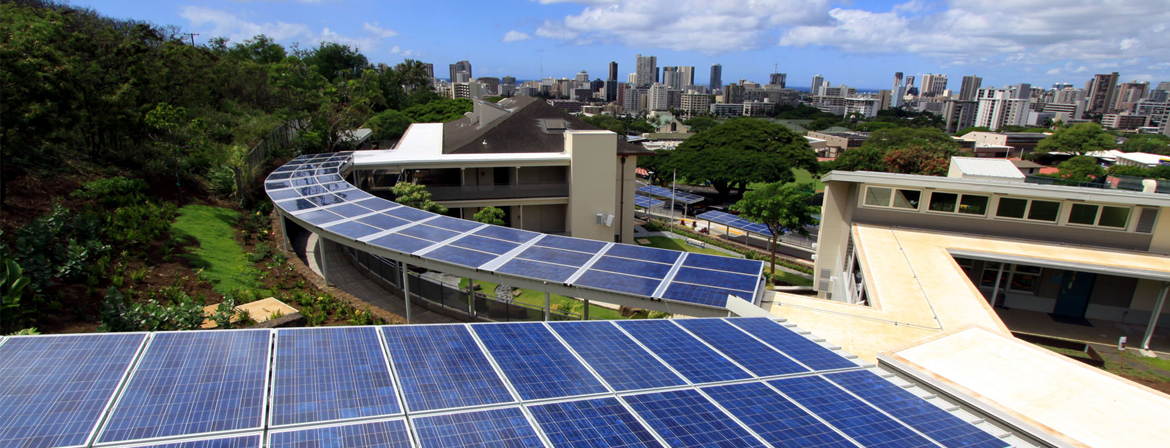Effects of Television Modeling on Residential Energy Conservation
Winett, R. A., Leckliter, I. N., Chinn, D. E., Stahl, B., & Love, S. Q. (1985). Effects of television modeling on residential energy conservation. Journal of Applied Behavior Analysis, 18, 1, 33-44.
Psychological or Attitudinal Factors which Influence the Introduction of Energy Conservation Technologies
Parthasarathy, R. (1989). Psychological or attitudinal factors which influence the introduction of energy conservation technologies. Abhigyan, fall, 36-47.
Promoting Energy Conservation in University Dormitories by Physical, Policy and Resident Behavior Changes
McClelland, L. & Belsten, L. (1979). Promoting energy conservation in university dormitories by physical, policy and resident behavior changes. Journal of Environmental Systems, 9, 1, 29-38.
A Social-Psychological Analysis of Residential Electricity Consumption: The Impact of Minimal Justification Techniques
Katzev, R. D., & Johnson, T. R. (1983). A social-psychological analysis of residential electricity consumption: The impact of minimal justification techniques. Journal of Economic Psychology, 3, 3-4, 267-284.
Folk Quantification of Energy
Kempton, W., & Montgomery, L. (1982). Folk quantification of energy. Energy, 7, 10, 817-827.
Comparing the Effects of Monetary Incentives and Foot-in-the-Door Strategies in Promoting Residential Electricity Conservation
Katzev, R. D., & Johnson, T. R. (1984). Comparing the effects of monetary incentives and foot-in-the-door strategies in promoting residential electricity conservation. Journal of Applied Social Psychology, 14, 1, 12-27.
Facing the Greenhouse Effect: Communication about Energy in Germany
Henschel, C. & Wiedemann, P. M. (1993). Facing the greenhouse effect: Communication about energy in Germany. Technology in Society, 15, 301-310.
Communication and the Adoption of Energy Conservation Measures by the Elderly
Griffin, R. J. (1989). Communication and the adoption of energy conservation measures by the elderly. Journal of Environmental Education, 20, 4, 19-28.
Using Social Cognition and Persuasion to Promote Energy Conservation: A Quasi-Experiment
Gonzales, M. H., Aronson, E., & Costanzo, M. A. (1988). Using social cognition and persuasion to promote energy conservation: A quasi-experiment. Journal of Applied Social Psychology, 18, 12 (Pt 2), 1049-1066.
Energy Conservation Behavior: The Difficult Path from Information to Action
Costanzo, M., Archer, D., Aronson, E., & Pettigrew, T. (1986). Energy conservation behavior: The difficult path from information to action. American Psychologist, 41, 5, 521-528.



